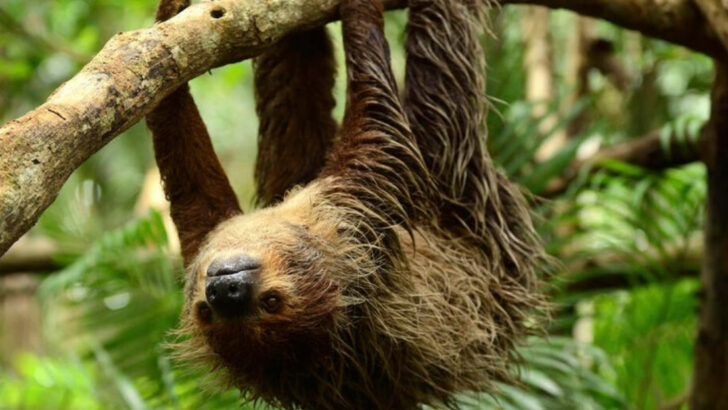Not every creature is a genius—and that’s what makes the wild so wonderfully weird.
While some animals solve puzzles, use tools, and outsmart their prey, others… well, let’s just say they march to the beat of a different drum. A slower, slightly confused drum.
These animals aren’t trying to break IQ records.
They bump into things.
Forget what they’re doing mid-waddle.
And sometimes, just stare blankly into the distance with zero plans.
But don’t let that fool you—there’s charm in simplicity.
And whether it’s a bird that can’t quite build a nest or a mammal that walks straight into danger, each of these 20 animals has carved out a place in nature’s blooper reel.
Ready to meet the goofiest, daziest, most delightfully dim critters on Earth?
Let’s dive into the wonderfully offbeat world of wildlife that forgot to bring a brain to the party.
Jellyfish
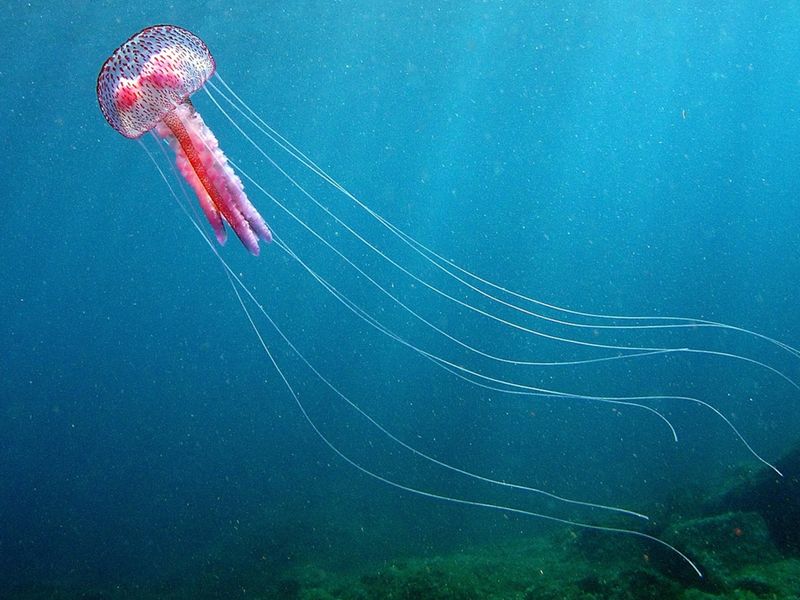
Few creatures are as enigmatic as the jellyfish. This fascinating sea dweller lacks a brain, heart, and complex nervous system. Instead, it drifts aimlessly, controlled by ocean currents.
Despite their beauty, jellyfish exhibit minimal intelligence. Their movements are purely instinctual, responding to environmental stimuli without conscious thought.
Interestingly, jellyfish have existed for over 500 million years. Their survival relies on simplicity rather than cognitive prowess. Their basic neural network supports rudimentary functions, but complex thinking is beyond their reach.
Jellyfish provide an intriguing example of survival through simplicity. Their existence challenges our understanding of intelligence.
Turkey
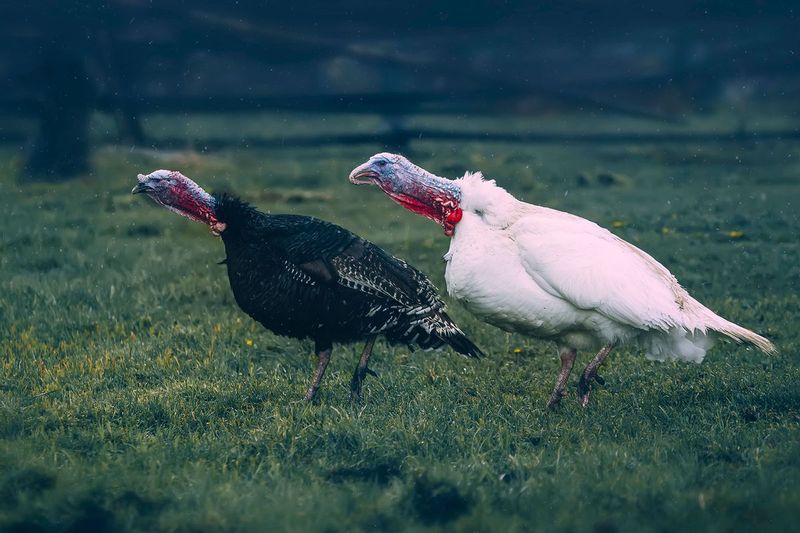
Turkeys are farmyard favorites, but their intelligence is often underestimated. Known for their peculiar behaviors, turkeys can be surprisingly clumsy.
They are prone to panic, sometimes leading to unfortunate accidents. Turkeys can drown in the rain, mistaking it for a threat. This response highlights their limited cognitive abilities.
Despite this, turkeys play a significant role in cultural traditions. Their gobbling calls and social dynamics offer some intrigue. However, their problem-solving skills remain rudimentary.
Turkeys remind us that intelligence comes in various forms, even among our domesticated companions, adding charm to the countryside.
Opossum
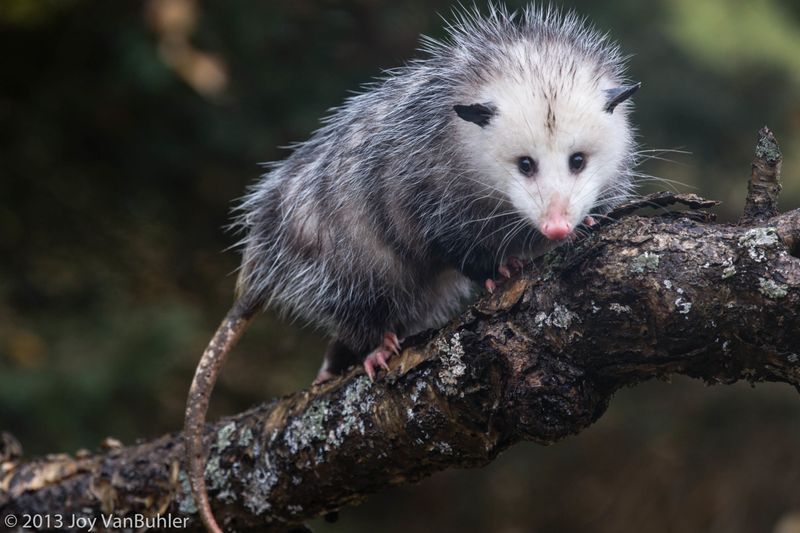
With its nocturnal habits, the opossum is a curious creature of the night. While they appear clever, opossums are notorious for playing dead when threatened.
This behavior is more instinct than intelligence, as it often backfires. Predators may ignore them, but opossums can become easy prey. Their problem-solving abilities are limited.
Despite these shortcomings, opossums are resilient survivors. They adapt to urban environments, scavenging for food, which showcases some cunning.
Opossums may not outwit their predators, but their survival tactics demonstrate a unique form of resilience, blending instinct with adaptation.
Koala
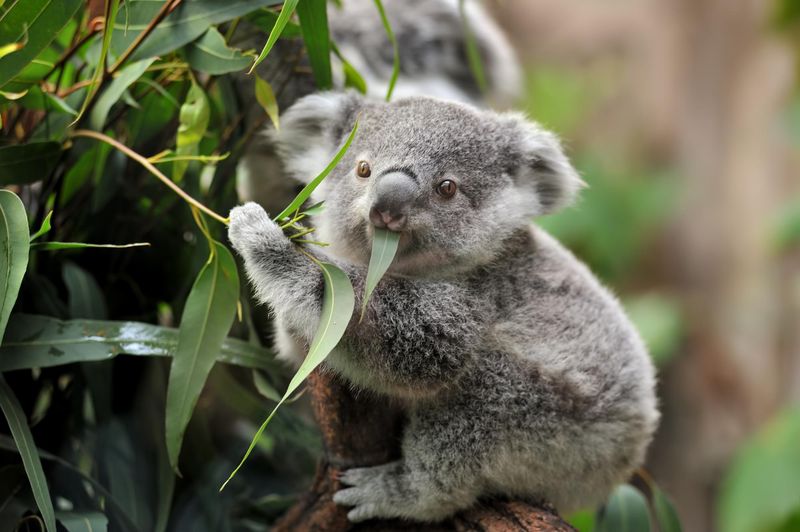
Koalas are beloved for their cuddly appearance and slow-paced lifestyle. However, their intelligence is often questioned. Koalas have small brains relative to their body size.
Their diet of eucalyptus leaves limits their energy and cognitive capabilities. Koalas rely on a limited range of behaviors, primarily focused on eating and sleeping.
Despite this, koalas hold a special place in Australian culture. Their limited intelligence doesn’t hinder their charm. Koalas remind us that intelligence isn’t everything.
Koalas offer a glimpse into a world where simplicity suffices, and survival is a matter of adaptation over intellect.
Panda
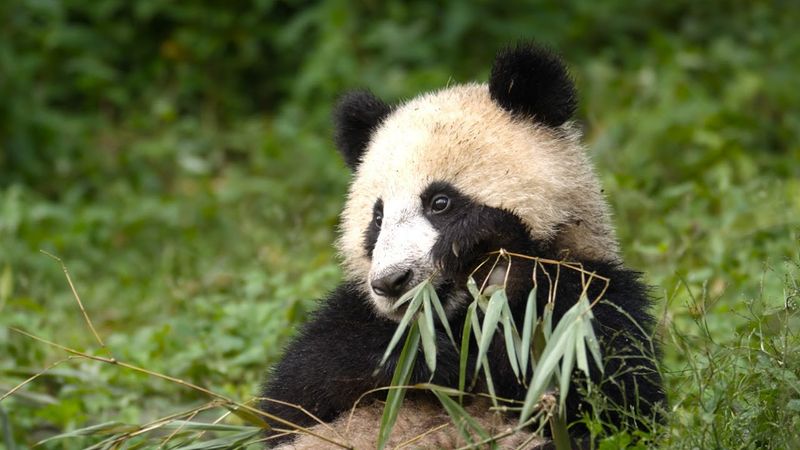
Pandas, with their iconic black-and-white markings, are conservation symbols. However, their intelligence has been a topic of debate. Pandas rely heavily on a bamboo diet, which provides limited nutrition.
This dietary choice influences their behavior, making them appear lethargic. Their problem-solving skills are limited, and they often display clumsiness.
Despite these traits, pandas capture hearts worldwide. Their playful antics and gentle demeanor endear them to many. Pandas remind us that intelligence is not the sole measure of worth.
Their conservation success story reflects the power of global efforts to protect even the most vulnerable.
Sloth
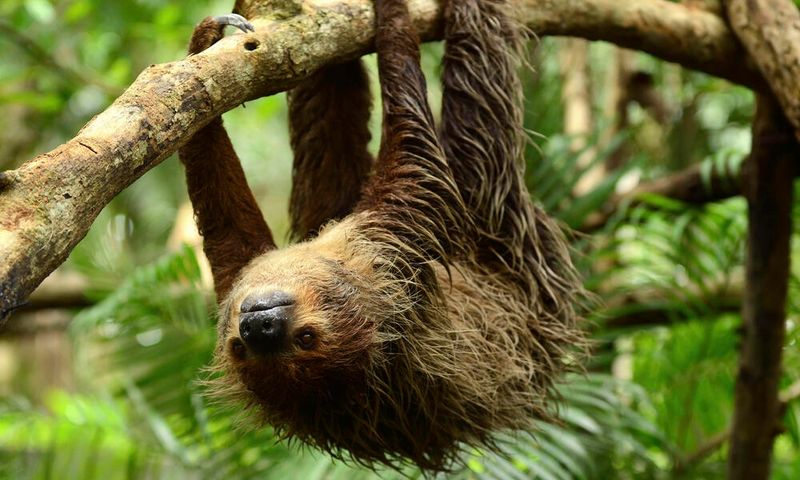
In the rainforests, sloths are nature’s embodiment of slow living. These creatures spend most of their lives hanging upside down from trees, conserving energy.
Their sluggish pace is a survival strategy, not a sign of intelligence. Sloths have low metabolic rates, which limits their cognitive capabilities.
Despite their slow demeanor, sloths play a vital ecological role. They host a variety of organisms in their fur, contributing to biodiversity.
Sloths teach us that life isn’t always about speed or intellect. In their world, patience and conservation are key to thriving.
Lemur
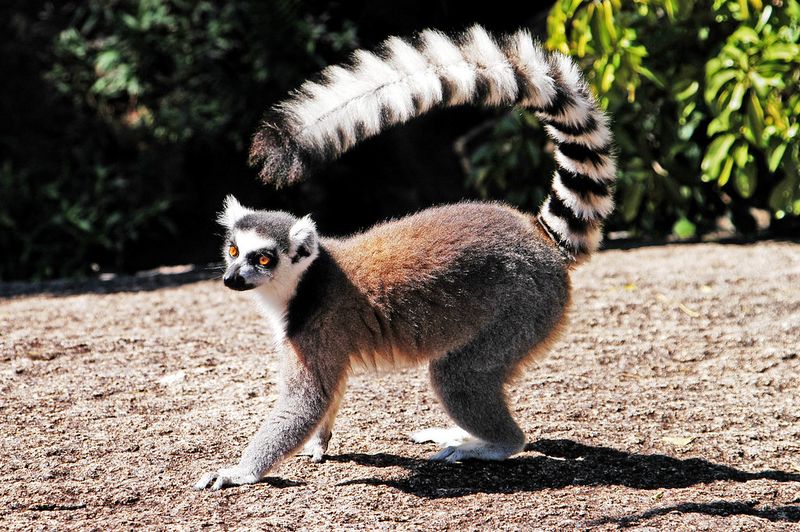
Madagascar’s lemurs are captivating with their unique appearance and social behavior. However, their intelligence is often overshadowed by their playful antics.
Lemurs rely on instinctual behaviors, with limited problem-solving skills. Their social structure is fascinating, though their cognitive abilities are modest.
Despite these limitations, lemurs thrive in their natural habitat. They adapt to changing environments, showcasing resilience.
Lemurs remind us that intelligence isn’t the only factor in success. Their charm and adaptability contribute to their enduring presence in Madagascar’s lush landscapes.
Emu
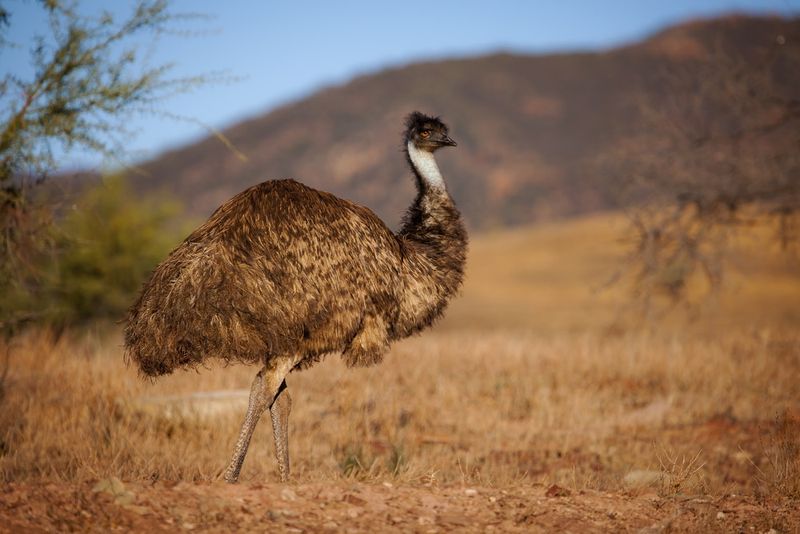
Australia’s emus are known for their impressive size and speed. However, their intelligence is often debated. Emus exhibit curious behaviors, sometimes chasing after shadows.
Their curiosity doesn’t translate to problem-solving abilities. Emus are guided by instinct, often leading to amusing situations.
Despite this, emus hold cultural significance in Australia. They are featured on the national coat of arms. Their role in the ecosystem as seed dispersers is vital.
Emus may not be problem solvers, but they remind us of the diversity in nature’s designs, emphasizing instinct over intellect.
Cane Toad

Cane toads are infamous for their invasive nature and toxic skin. While they thrive in varied environments, their intelligence is often doubted.
Cane toads are opportunistic feeders, consuming almost anything they encounter. This indiscriminate eating is a sign of limited cognitive ability.
Despite their reputation, cane toads play a role in population control of pests. However, their environmental impact can be destructive.
Cane toads illustrate the delicate balance between survival and intelligence. Their success as invaders highlights adaptability, even without cognitive complexity.
Sea Cucumber
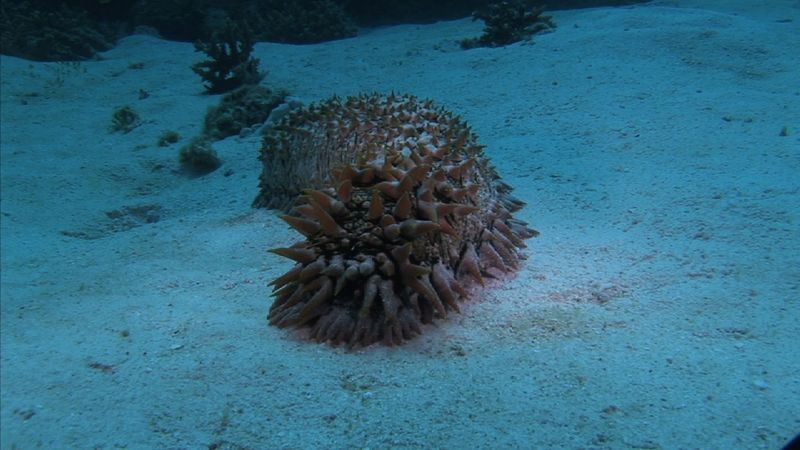
The sea cucumber, an enigmatic ocean inhabitant, is celebrated for its unique defense mechanisms. However, intelligence is not its strong suit.
These slow-moving creatures rely on simplistic strategies. When threatened, they expel their internal organs to deter predators, regenerating them later.
Sea cucumbers play crucial roles in ocean ecosystems by recycling nutrients. Their simplicity doesn’t hinder their ecological contributions.
Sea cucumbers remind us that intelligence isn’t always necessary for ecological success. Their survival strategies emphasize adaptation over complex thought, showcasing nature’s diversity.
Woodlouse
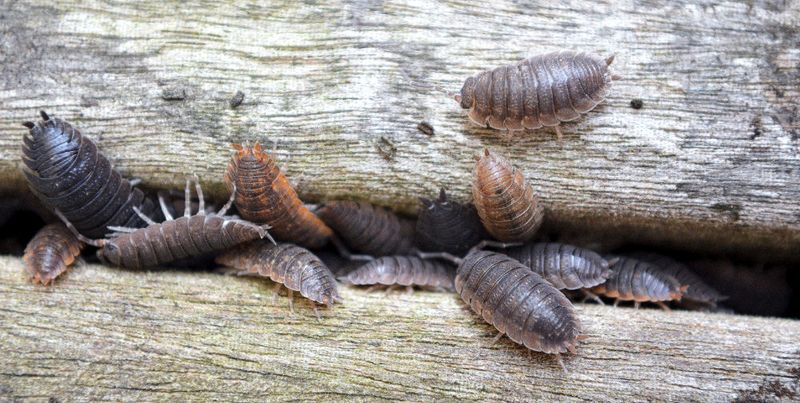
Woodlice, often found in damp areas, are fascinating decomposers. However, their intelligence is minimal. These crustaceans have simple nervous systems, leading to basic behaviors.
Woodlice rely on moisture for survival, often clustering together in humid environments. Their social interactions are purely instinctual.
Despite their simplicity, woodlice contribute to nutrient cycling. They break down organic matter, playing an essential role in ecosystems.
Woodlice remind us that even the simplest creatures have vital ecological functions. Their existence highlights the interconnectedness of life, despite limited cognitive abilities.
Giant African Snail
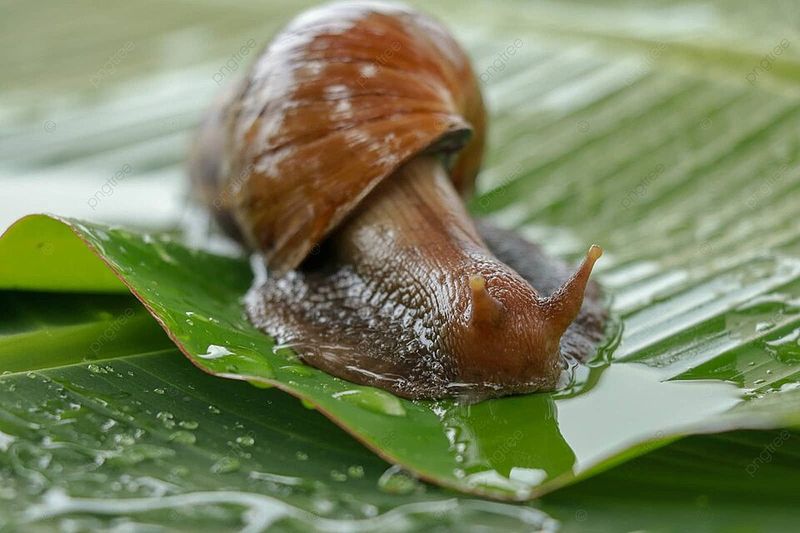
The giant African snail is renowned for its size and appetite. However, intelligence is not its forte. These snails are slow-moving herbivores with basic sensory capabilities.
Their feeding habits can be destructive to crops, making them notorious in agriculture. Despite this, their slow pace and lack of complex behaviors make them easy to control.
The giant African snail’s impact on ecosystems serves as a reminder of the balance between nature’s designs and human intervention. Their existence challenges our perceptions of intelligence in nature.
Nudibranch
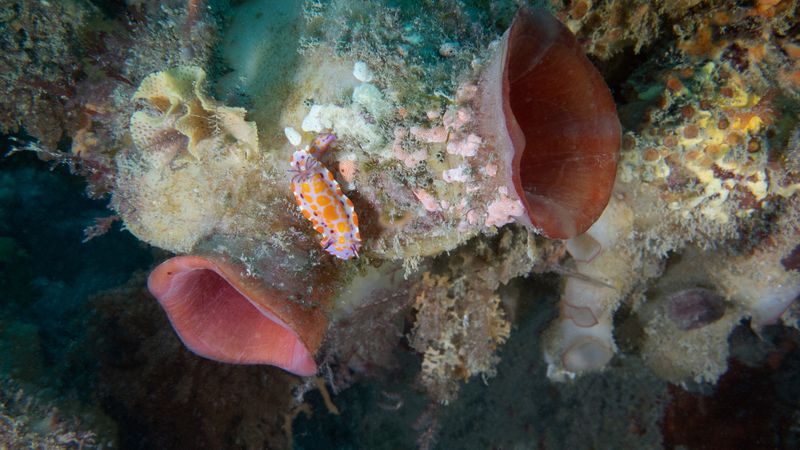
Nudibranchs, with their stunning colors, are often called the jewels of the sea. However, they lack complex cognitive abilities. These sea slugs rely on chemical senses for navigation.
Their defense mechanisms include storing toxins from prey, showcasing survival through adaptation. Nudibranchs display a beauty that transcends intelligence.
Despite their simplicity, they play roles in marine ecosystems. Their vibrant appearances deter predators, a testament to nature’s creativity.
Nudibranchs remind us that intelligence isn’t the only measure of beauty or success. Their existence underscores the importance of adaptation in the animal kingdom.
Cockroach

Cockroaches are infamous for their resilience and adaptability. However, intelligence is not their defining trait. These insects thrive in various environments, often unwelcome in homes.
Their survival strategies are instinctual, relying on speed and reproduction to persist. Cockroaches can survive without food for weeks, showcasing their hardiness.
Despite their low cognitive abilities, cockroaches play roles in ecosystems as decomposers. Their persistence highlights the power of adaptation over intellect.
Cockroaches remind us of the resilience of life forms, thriving in diverse conditions without needing advanced intelligence.
Starfish
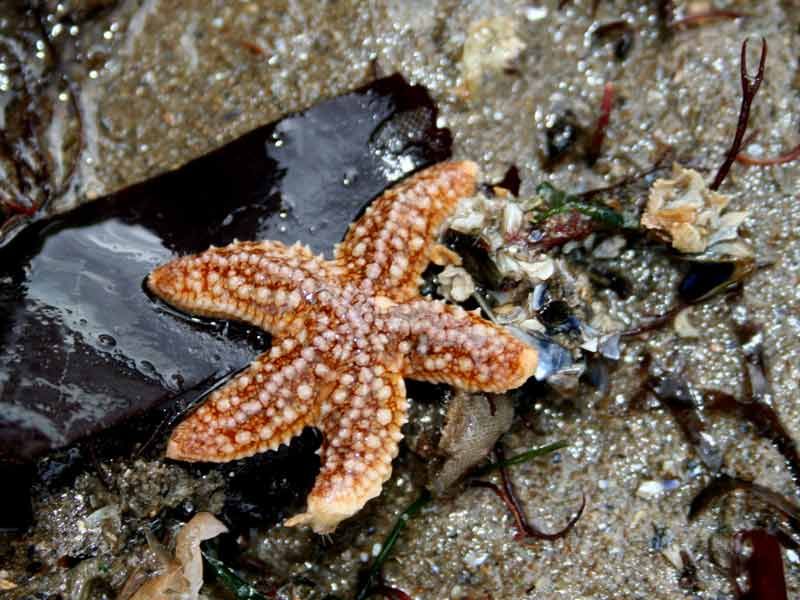
Starfish, or sea stars, are iconic marine creatures with a distinct radial symmetry. Despite their striking appearance, intelligence is not a starfish hallmark.
Their movements are slow and deliberate, controlled by their water vascular system. Starfish rely on simple sensory inputs for survival.
Despite this, they play vital ecological roles, preying on bivalves and maintaining marine balance. Their ability to regenerate lost limbs is remarkable.
Starfish exemplify nature’s ingenuity, showcasing survival through adaptation rather than cognitive complexity. They remind us of the diversity of life forms in the sea.
Domestic Sheep
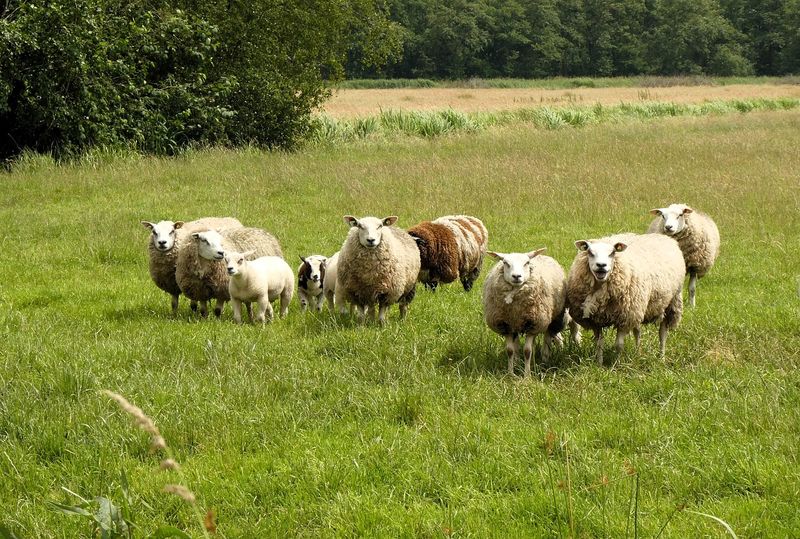
Sheep, often synonymous with pastoral life, are gentle creatures known for their flocking behavior. However, their intelligence is frequently underestimated.
Sheep rely heavily on instinct, following each other without question. This behavior can lead to comical situations and mishaps.
Despite their limited cognitive abilities, sheep hold cultural significance. Their wool and milk are valuable resources, contributing to agriculture.
Sheep remind us of the connection between instinct and survival, blending simplicity with purpose in pastoral settings.
Ant
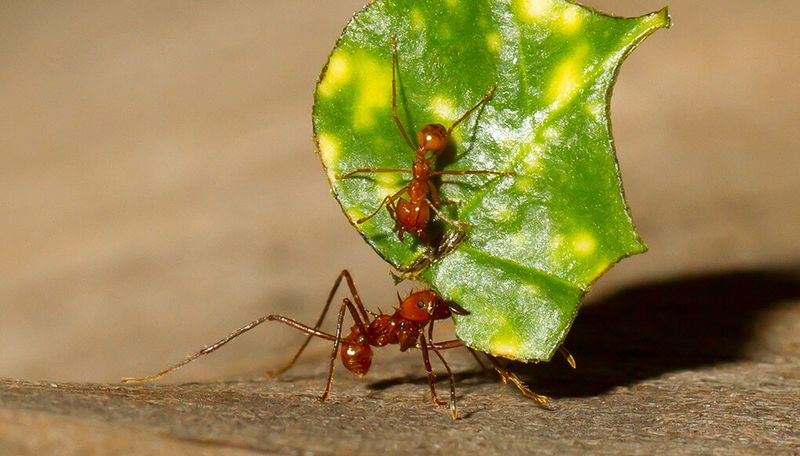
Ants are marvels of social organization, yet individual intelligence is minimal. These insects operate within complex colonies, guided by collective instincts.
Ants rely on pheromones for communication, coordinating tasks without conscious thought. Their strength lies in their unity and efficiency.
Despite individual simplicity, ants play crucial roles in ecosystems. They aerate soil and recycle nutrients, contributing to environmental health.
Ants remind us of the power of collaboration and the balance between individuality and community in nature’s designs.
Cuckoo

Cuckoos are notorious for their brood parasitism, laying eggs in other birds’ nests. While clever in deception, their intelligence is limited to instinctual behaviors.
Their cunning strategy relies on mimicry and exploitation, leading to successful reproduction. Despite this, cuckoos lack advanced problem-solving skills.
Cuckoos remind us of the complexity of survival strategies in nature. Their behavior challenges the boundaries of intelligence, blending instinct with opportunity.
Cuckoos offer a unique perspective on adaptation, thriving in niches where others might falter.
Mussel
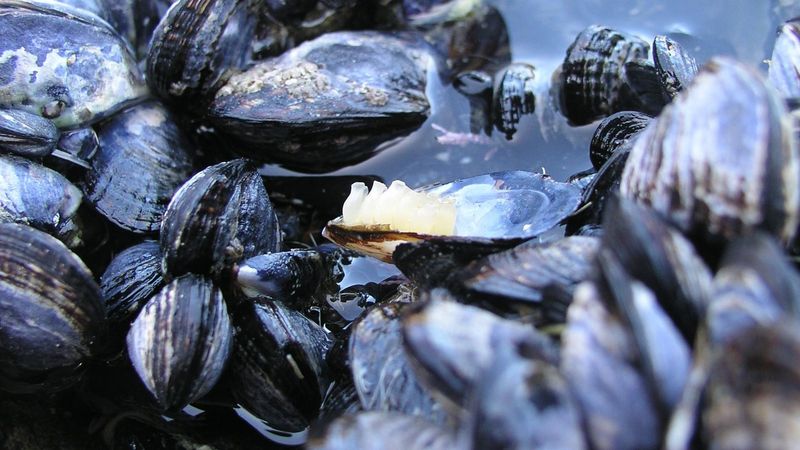
Mussels, with their bivalve shells, are filter feeders found along coastlines. Their intelligence is minimal, governed by basic sensory inputs.
Mussels rely on currents to bring them nutrients, remaining fixed in place. Their survival depends on environmental conditions rather than cognitive abilities.
Despite their simplicity, mussels contribute to water quality and marine ecosystems. Their filtering actions help maintain coastal health.
Mussels remind us that intelligence isn’t necessary for ecological impact. Their existence highlights nature’s reliance on diverse forms of life, each with a unique role.
Capybara
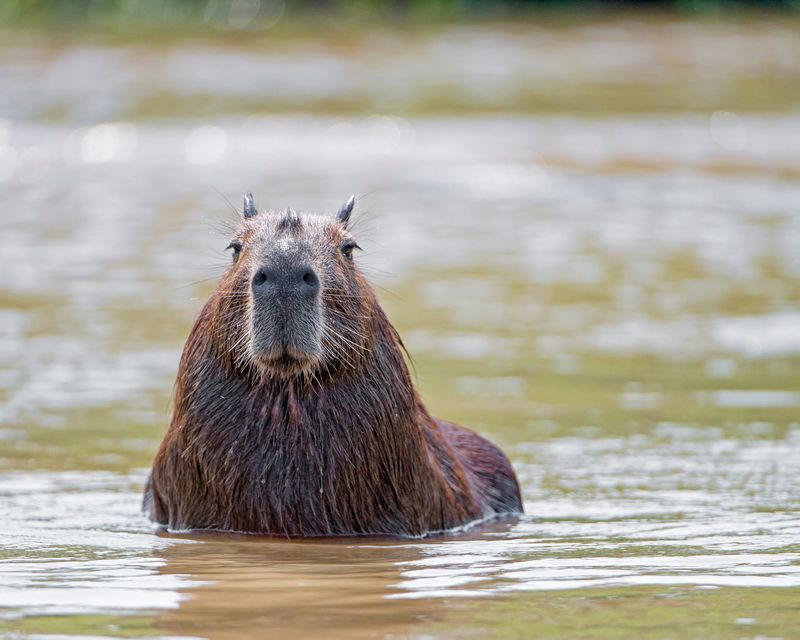
Wandering the wetlands with their placid demeanor, capybaras invite curiosity. These gentle giants of the rodent world are surprisingly docile, often seen lounging in groups by serene water bodies. Their social nature belies a lack of complex problem-solving skills, making them one of nature’s more simplistic creatures.
Interestingly, capybaras get along well with various other species, but their lack of territorial instincts means they rarely assert dominance or engage in cunning behavior. Instead, they thrive on community bonds, sometimes even acting as a resting spot for birds.
Did you know? Capybaras are native to South America and are expert swimmers, spending much of their time in water.

